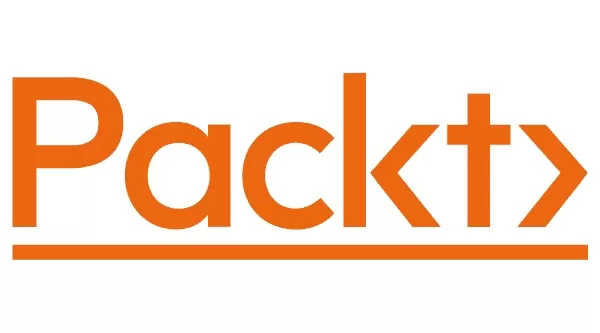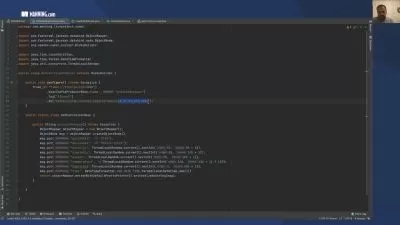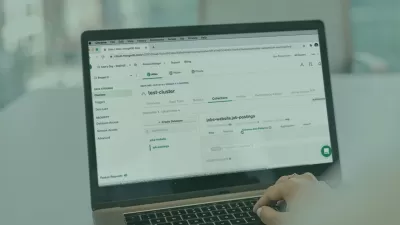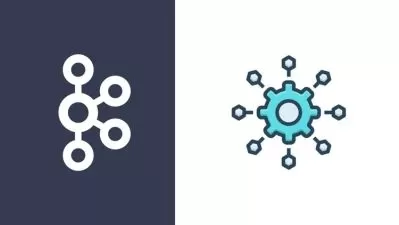Apache Kafka for Absolute Beginners
Prashant Kumar Pandey
5:05:43
Description
This course is designed to get you up and running with the fundamentals and the working of Apache Kafka with the help of practical examples. You will also delve into client API programming in Java. As you progress, you will not only cover the Apache Kafka stack, but also the architecture of Kafka components and Kafka client APIs (Producers and Consumers). The course will even guide you on how to apply the knowledge you’ve gained through the course to create efficient Kafka programs in Java. This course is based on Apache Kafka 2.x. All the source code and examples used in this course on Apache Kafka 2.3 open-source distribution have been tested. Several examples in this course also make use of the Confluent Community Version of Kafka. The course will focus on the Confluent Community Version to explain and demonstrate functionalities that are only available in the Confluent Platform, such as Schema Registry and Avro Serdes. This course will be making extensive use of IntelliJ IDEA as the preferred development IDE. However, based on your prior experience, you should be able to work with any other IDE designed for Java application development. Although the course will be using Apache Maven as the preferred build tool, based on your prior experience, you should be able to use any other build tool designed for Java applications. In addition to this, the course will use Log4j2 to teach you industry-standard log implementation in your applications. This course is fully example-driven and several examples will be created in the class. By the end of this course, you will have gained the skills you need to confidently build Kafka programs in Java. All the codes and supporting files are available at- https://github.com/PacktPublishing/Apache-Kafka-for-absolute-beginners
More details
User Reviews
Rating
Prashant Kumar Pandey
Instructor's Courses
PacktPub
View courses PacktPub- language english
- Training sessions 52
- duration 5:05:43
- Release Date 2024/03/14










